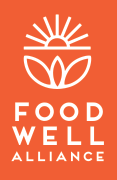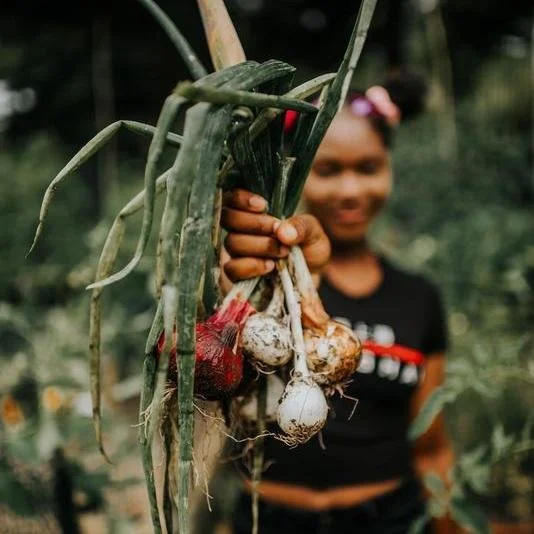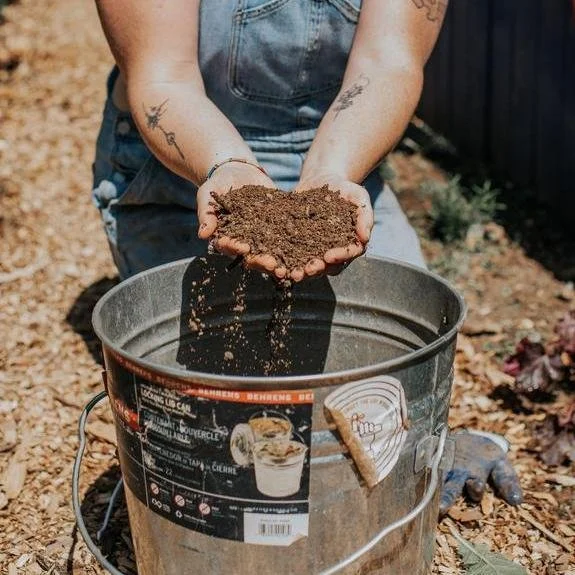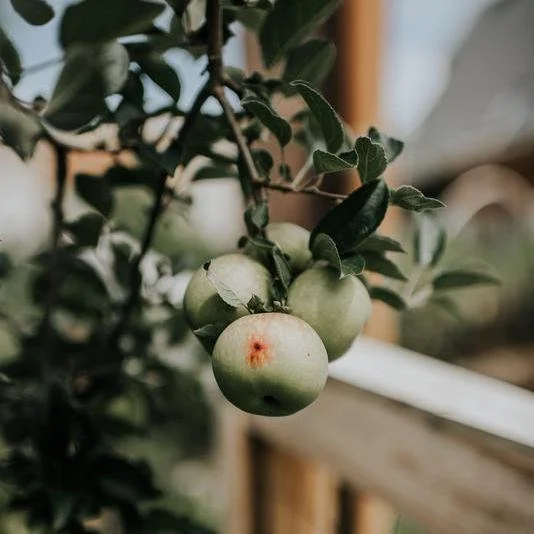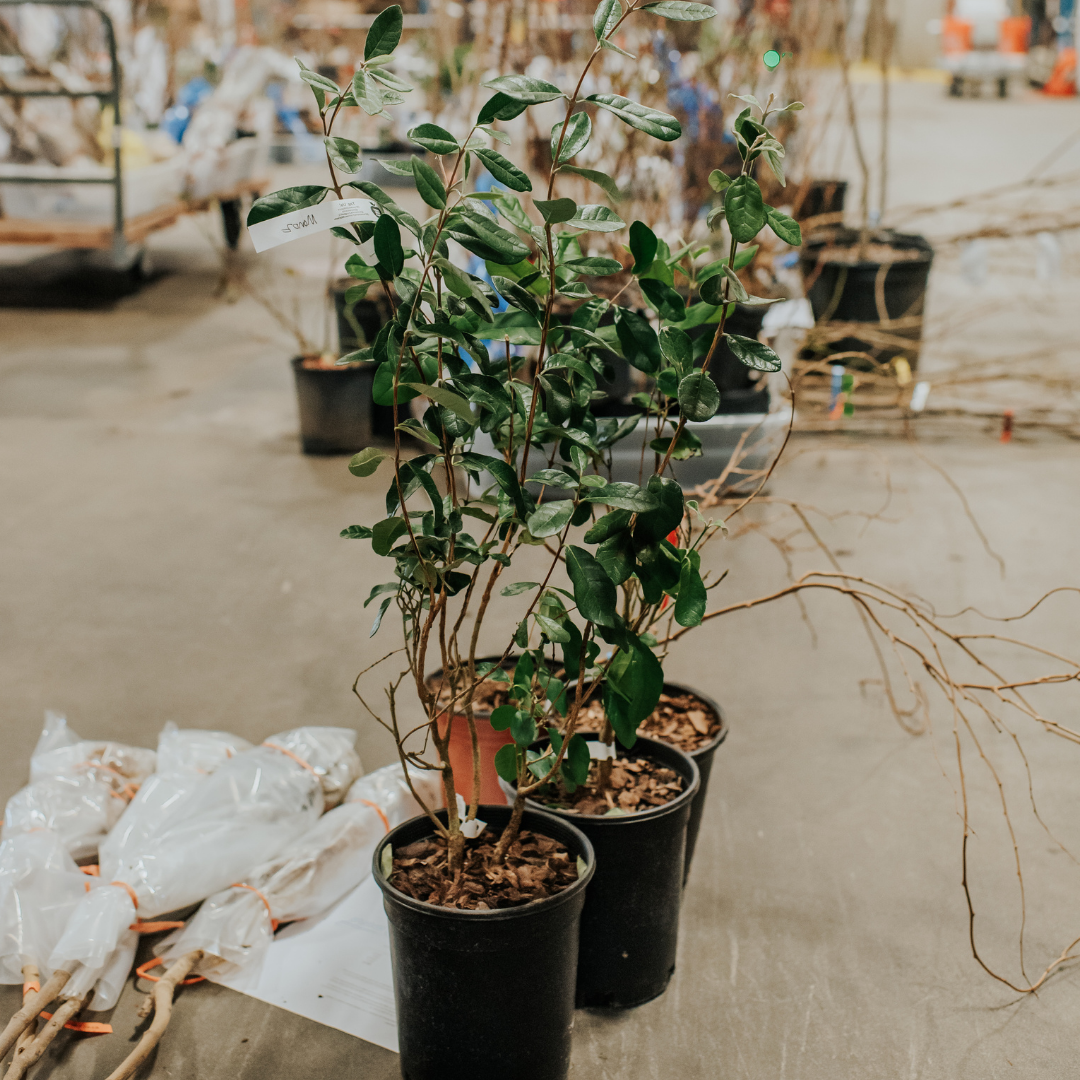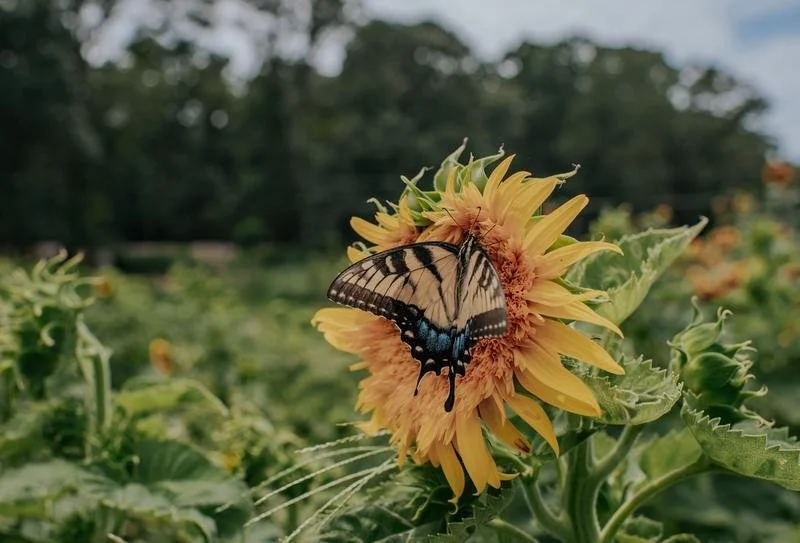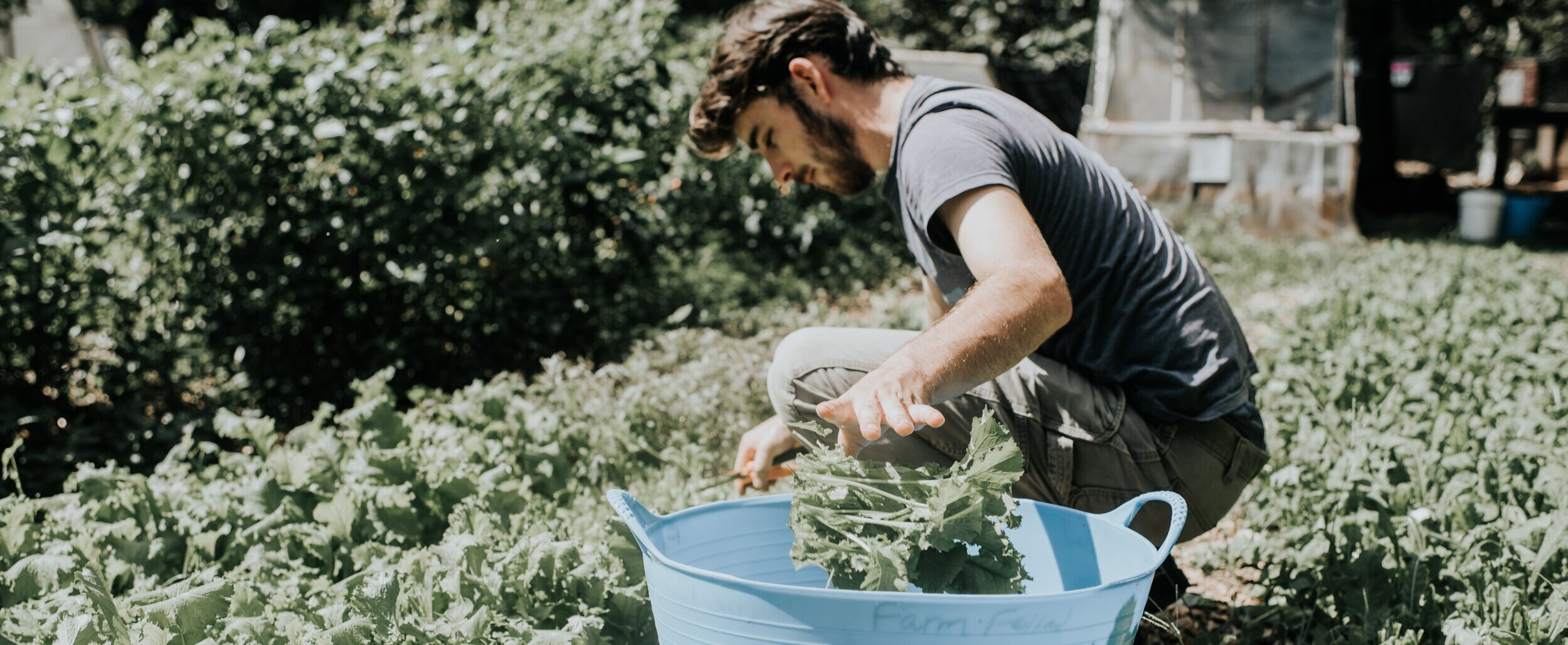Let’s Grow Together!
Looking to expand your garden knowledge, catch up on an event you missed, or just browse past video content? We’ve got the resources to help you start growing your own food.
Getting Started
The best place to start if you're new to growing food. Learn the basics of planting and caring for your garden.
Native Plants & Pollinators
Learn how native plants and pollinator-friendly practices can strengthen local ecosystems.
Composting
Learn how to nurish your soil with composting, an easy way to feed your soil and reduce food waste.
Fruit Tree Care
Explore best practices and care guides to keep your fruit trees healthy and productive.
Upcoming Events
Getting Started
Buying Seedlings
Seedlings are usually available in the spring, mid-summer, and fall. Here are some local farms who sell seedlings:
Love is Love Farm (Mansfield)
Urban Sprout Farms (Lakewood)
Wylde Center (Decatur)
Bed Head Plant Nursery (Pop-ups Around Atlanta)
Garlands Gardens (Scottdale)
Seed Saving 101
Southern Exposure Seed Exchange offers about 800 varieties of vegetable, flower, herb, grain and cover crop seeds, emphasizing varieties that perform well in the Mid-Atlantic and Southeast. They have several guides for how to save seed:
Garden Safety
Gardening is fun, healthy, and can be extremely safe, even in cities. While soil in urban can be full of nutrients, it can often contain high amounts of lead and other heavy metals. It’s important to test your soil before planting.
The IUPUI Center for Urban Health put together an all-encompassing guide to growing in urban environments. Read this guide before you start growing to make sure you’re staying safe.
Georgia Department of Public Health gives advice for gardening and farming in urban areas to protect yourselves and your families.
University of Georgia Extension Services in conjunction with their lab, put together a peer reviewed publication to help community and school gardeners assess soils in urban environments.
Gardening Tips & Resources
Food Well Alliance regularly puts out educational content to help growers of all learning stages and we often collaborate with other local organizations. Here are some of the resources you can use to learn more about growing food.
Plant Care Guide: Working with Wholesome Wave GA and in response to Georgians on SNAP facing limited shopping options for fresh local food during the COVID-19 pandemic, we created a Plant Care Guide with information on how to grow healthy food at home.
Monday Morning Gardener is an archived series that includes a combination of live streams, Q&As, workshops, and garden tours.
Looking to learn more about gardening while also exploring some of metro Atlanta’s community gardens? Join us for a Plant. Eat. Repeat. workshop. We host workshops during the spring, summer, and fall.
Join a Community Garden
Looking to join a Community Garden? Here are some things to think about and resources to help you find one near you.
Native Plants & Pollinators
Metro Atlanta Native Plant Guide
Native plants play a pivotal role in sustaining ecosystems by providing essential food sources and shelter for pollinators, birds, and other animals.This guide includes recommendations for native plants, benefits, and regional information to help you find the perfect native plants for your area.
Planting For Pollinators Guide
Pollinators play a critical role in growing food and we can help make environments that are beneficial to them. In this guide, you’ll find information about they different types of pollinators, ways to attract pollinators, and more ways to support them.
Guide to Cover Cropping
Cover crops include grasses, legumes, or other plants grown between production crop seasons for erosion control, conservation, or other soil improvement purposes. This guide covers the basics to get started with cover cropping in your garden!
Composting
Compost is a critical part of local food. Whether you are using it for your own garden, supporting nearby gardens and farms, or simply reducing food waste, composting is an extremely environmentally friendly method of creating nutrient dense soil that plants use to grow healthy produce. Check out our Beginner’s Guide to Using Compost.
Here are some resources to help you compost:
CompostNow - collects food scraps from residents and businesses to help them reduce waste and support local gardens
Geobin is an example of a commercial compost bin you can purchase. Here is a fact sheet on how to set it up, and an instructional video on how to make composting easy
The National Sustainable Agriculture Information Service has a free downloadable fact sheet that covers all of the basics of composting with worms
